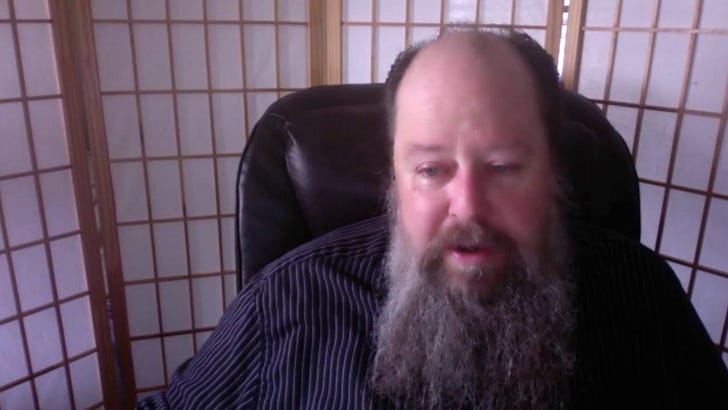I was recently interviewed by a gentleman named Steven HAuse (the capital “A” in the surname is not a typographical error) for a documentary he is making on Christian universalism. Having more material than he can fit into his documentary, he has been posting the surplus footage on Youtube, so as not to consign it to oblivion. Below are the nine outtakes from our conversation that, to this point, have been made available. My only comment on those I have seen is that I would have been wise to comb my beard more thoroughly before the interview began.



There are so many things I want to say, but I will try to restrain myself and just ask you one overarching question which has been bugging me for some time. To me, your writings (and holdings forth for documentaries) are expressive of a truth which writers like Richard Rohr, Cynthia Bourgeault, Marcus Borg, and even Thomas Merton have expressed in various forms. I know these writers are different from one another, but I guess what they have in common with each other and with you is a mature understanding of the divine, an understanding that is compatible with everyday experience and, to be honest, very common sensical - as opposed to people like Jonathan Edwards or modern evangelicals (who are mainly way less intelligent than Edwards but put forward similar ideas about God). It's a putting away of childish things, childish (and silly and harmful) ideas about God. It's why I find your writing so comforting and also so obviously true - as obvious as the fact that dogs have individual personalities. And yet, the people I know who love Rohr or Greg Boyle have never read your books. I think they are missing out, obviously, but my question is - why? Is it because your language is harder to understand for most people?
One other tiny point. I have a good friend who is a Presbyterian pastor. He insists that Calvin was actually a universalist. Is that possible?
Even these "fragments" are such rich fare. And sadly, for the average American Christian, they are "too good to be true." It's strange how we cling to certain idols, a supposed meritocracy which ennobles horrid inequality, an ineluctable obsession with wealth and military power, and an image of God that is by definition evil, and discount the truly Good News of the Incarnation and Salvation of the cosmos.
If only we believed the Gospel was really Good News.